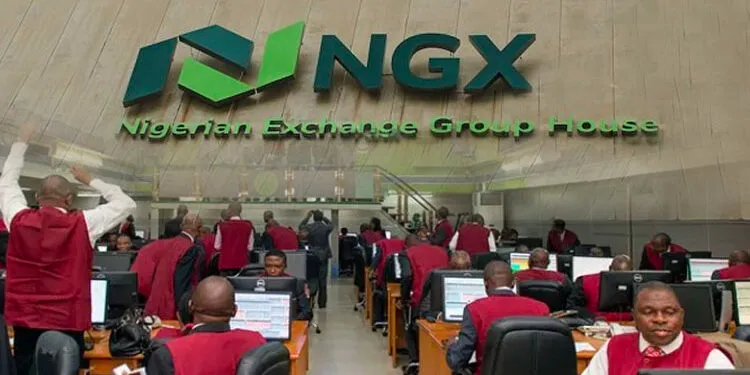Nigeria remains the third-largest debtor to the World Bank’s International Development Association, with its debt reaching $17.1 billion as of September 30, 2024.
This represents a $600 million increase from the $16.5 billion recorded in June 2024. Compared to June 2023, Nigeria’s debt to the IDA grew by 14.4%, up from $14.3 billion
Nigeria’s debt to the IDA grew by $600 million in three months, from $16.5 billion in June 2024, according to the World Bank’s financial statements for the fiscal year ending September 2024.
It was previously reported that Nigeria’s debt to the IDA increased by 14.4% from $14.3 billion in June 2023 to the figure recorded in June 2024.
The fiscal year, which ran from July 2023 to June 2024, saw the country receiving an additional $2.2bn in loans.
Nigeria first entered the top three IDA borrowers in June 2024, rising from its fourth position in 2023.
Since then, it has retained this third-largest debtor status, receiving a total of $2.8 billion from the World Bank’s IDA during Bola Tinubu’s administration.
Bangladesh and Pakistan hold the first and second positions, with debt exposures of $21 billion and $18.5 billion, respectively.
India, which ranks fourth, maintained its debt at $15.9bn, while Ethiopia stands at $13.1bn.
Other top borrowers include Kenya ($12.4bn), Tanzania ($12.2bn), and Vietnam ($12.2bn).
At the lower end of the list, Ghana and Uganda owe $7bn and $5bn, respectively.
These ten countries account for 63 per cent of IDA’s total exposure, highlighting their heavy reliance on concessional financing.
The IDA has set its Single Borrower Limit at $47.5bn for FY2025, representing 25 per cent of its $190.3bn equity as of 30 June 2024.
Although Nigeria’s debt remains significant, it is still within the SBL threshold, which the World Bank considers non-restrictive at present.
The financial statements document read, “As of September 30, 2024, the ten countries with the highest exposures accounted for 63 per cent of IDA’s total exposure. Monitoring these exposures relative to the SBL requires consideration of the repayment profiles of existing loans, as well as disbursement profiles and projected new loans and guarantees.”
Nigeria’s IDA loans, which feature low-interest rates and extended repayment terms, contrast with its obligations to the World Bank’s International Bank for Reconstruction and Development, which offers financing at market rates.
These concessional loans have become a vital part of Nigeria’s funding strategy, especially under President Bola Tinubu’s administration, which is focused on managing inherited debts while driving reforms.









